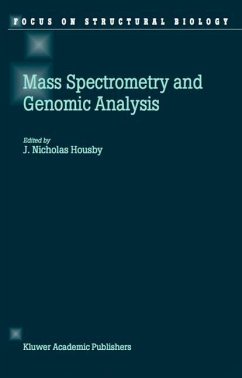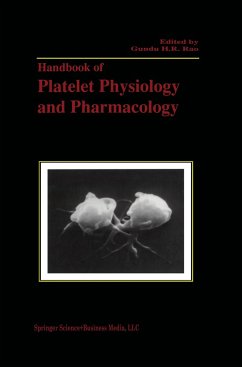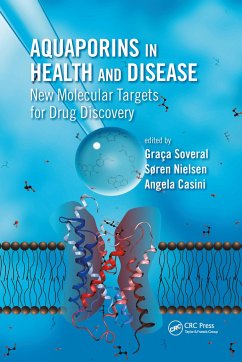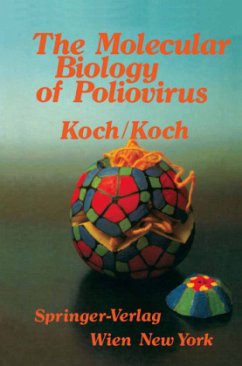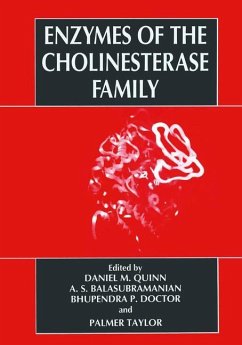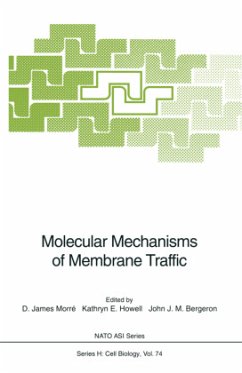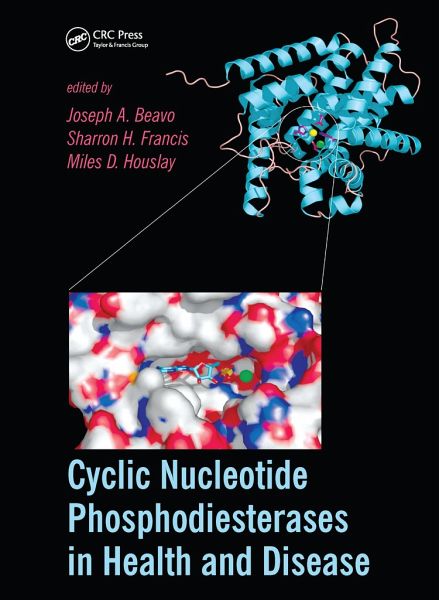
Cyclic Nucleotide Phosphodiesterases in Health and Disease
Versandkostenfrei!
Versandfertig in 1-2 Wochen
74,99 €
inkl. MwSt.

PAYBACK Punkte
37 °P sammeln!
Presenting a modern, comprehensive reference book on cyclic nucleotide phosophodiesterases (PDE), this text appeals to scientists in academia, the pharmaceutical industry, and related clinical disciplines. In the last 15 years, information relating to PDE genetics, physiological functions, roles in disease states, regulation, structure and interaction with pharmacologically active agents has burgeoned. This book covers the current information and its potential for future development. It describes the fundamental biochemical features of each of the known PDE families and the advances being made...
Presenting a modern, comprehensive reference book on cyclic nucleotide phosophodiesterases (PDE), this text appeals to scientists in academia, the pharmaceutical industry, and related clinical disciplines. In the last 15 years, information relating to PDE genetics, physiological functions, roles in disease states, regulation, structure and interaction with pharmacologically active agents has burgeoned. This book covers the current information and its potential for future development. It describes the fundamental biochemical features of each of the known PDE families and the advances being made in developing selective inhibitors for these various enzymes.





